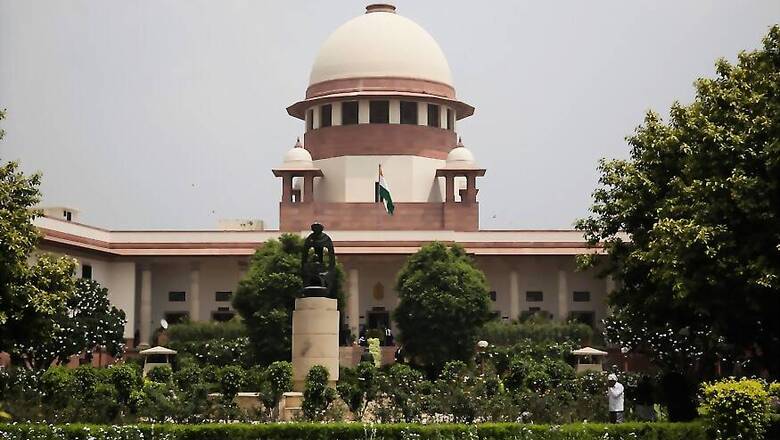
views
New Delhi: After triple talaq, another landmark hearing on Muslim personal law dealing with Nikah Halala and polygamy is all set start in Supreme Court from July 20, News18 has learnt.
News18 has learnt that a petition filed by Farzana through Advocate Vivek Narayan Sharma has been listed for hearing on July 20. This is one among several other petitions in the top court demanding to scrap these "Muslim Personal law practices".
One of the petitioners in the case, Sameena Begum, had prayed for an urgent listing of the matter on July 2. A bench comprising Chief Justice Dipak Misra and justices AM Khanwilkar and DY Chandrachud considered the submissions of senior advocate V Shekhar that the petitions be listed before a five-judge constitution bench for final adjudication. "We will look into it," the bench had said.
Begum’s lawyers had alleged that she was threatened and asked to withdraw her petition.
The bench, meanwhile, allowed Additional Solicitor General Tushar Mehta, appearing for the Centre, to file a response to the petition on the issue.
All eyes would be now on the Centre while it files its affidavit in the matter.
News18 had earlier reported that Centre has decided to reiterate its stand taken during the triple talaq case and oppose the practice as an attack on gender justice and equality.
The reply filed by the government during the triple talaq case had stated that “the fact that Muslim countries where Islam is the state religion have undergone extensive reform goes to establish that the practices in question cannot be regarded as integral to the practice of Islam or essential religious practices.”
The government had also expressed its stand on polygamy and had cited how other countries have regulated their laws on polygamy and divorce.
“It is extremely significant to note that a large number of Muslim countries or countries with an overwhelmingly large Muslim population where Islam is the state religion have undertaken reforms in this area and have regulated divorce law and polygamy,” said the affidavit filed by the government during the Shayara Bano case.
In March this year, a three-judge bench of the Supreme Court comprising CJI Dipak Misra and Justices AM Khanwilkar and Chandrachud was hearing a batch of petitions challenging the practices of polygamy and Nikah Halala.
The petitions were filed by BJP leader Aswini Updahyay, Sameera Begum, Nafeesa Begum and Moullim Mohsin Bin Hussain Bin Abdad Al Kathiri.
In his petition, Upadhyay prayed that Section 2 of the Muslim Personal Law (Shariat) Application Act be declared unconstitutional and violative of Articles 14, 15 and 21 of the Constitution, “in so far as it seeks to recognise and validate the practice of polygamy and Nikah Halala”.
Upadhyay has sought a declaration that provisions of the Indian Penal Code are applicable on all Indian citizens and triple talaq is a “cruelty” under Section 498A of the IPC, Nikah Halala is “rape” under Section 375 and polygamy is an offence under Section 494 of the IPC.














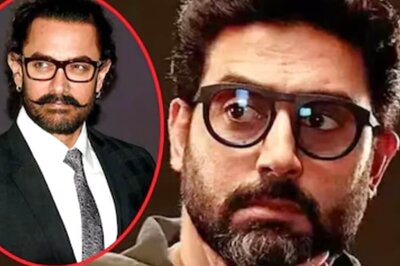
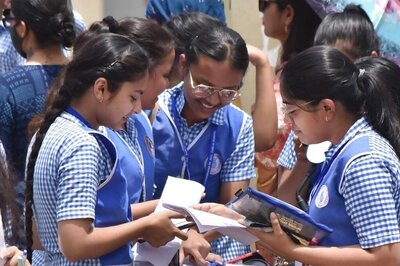
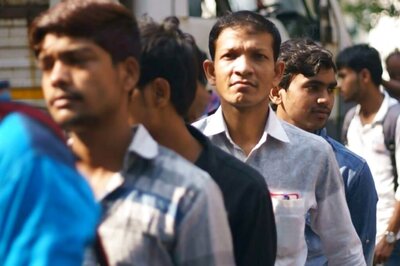
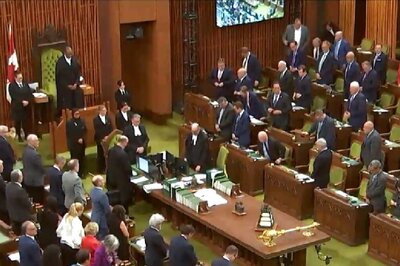
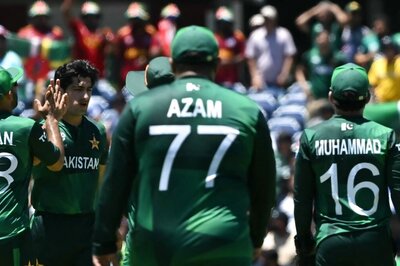

Comments
0 comment